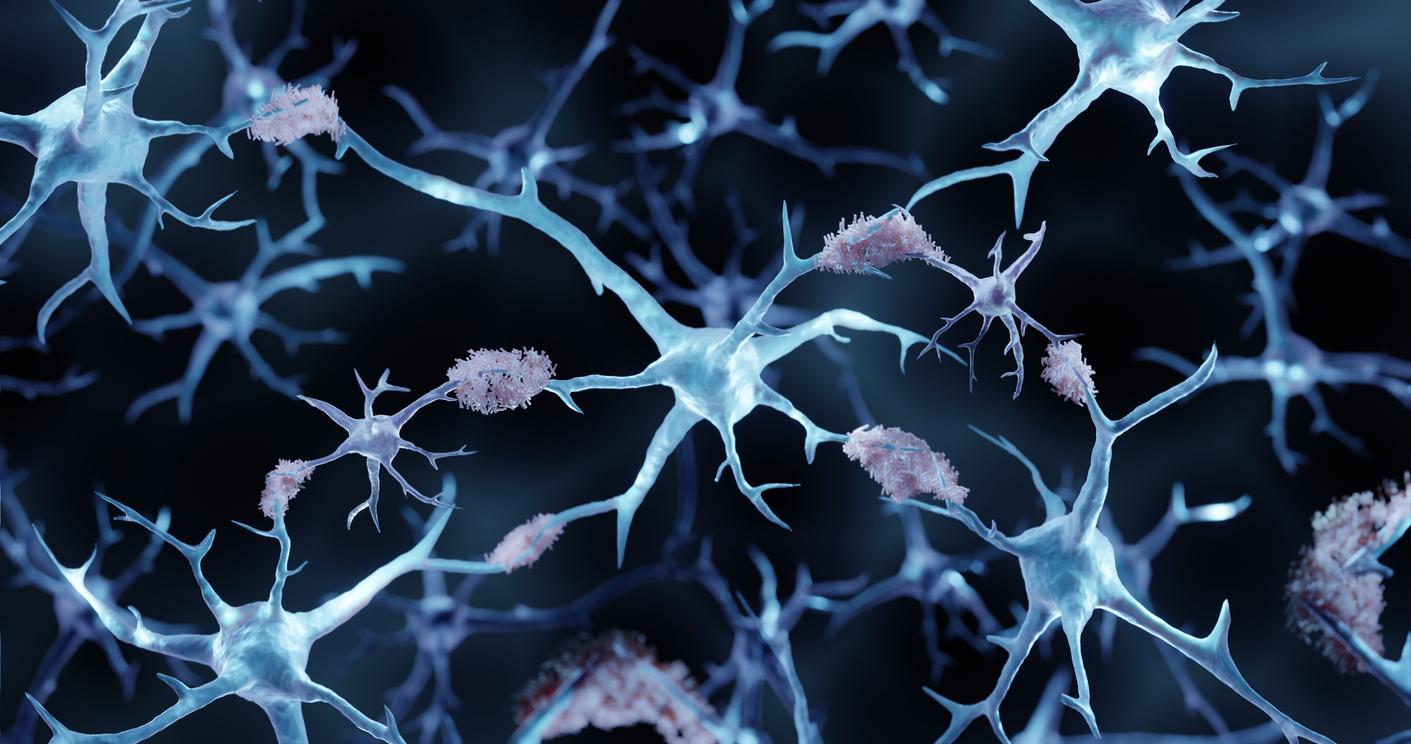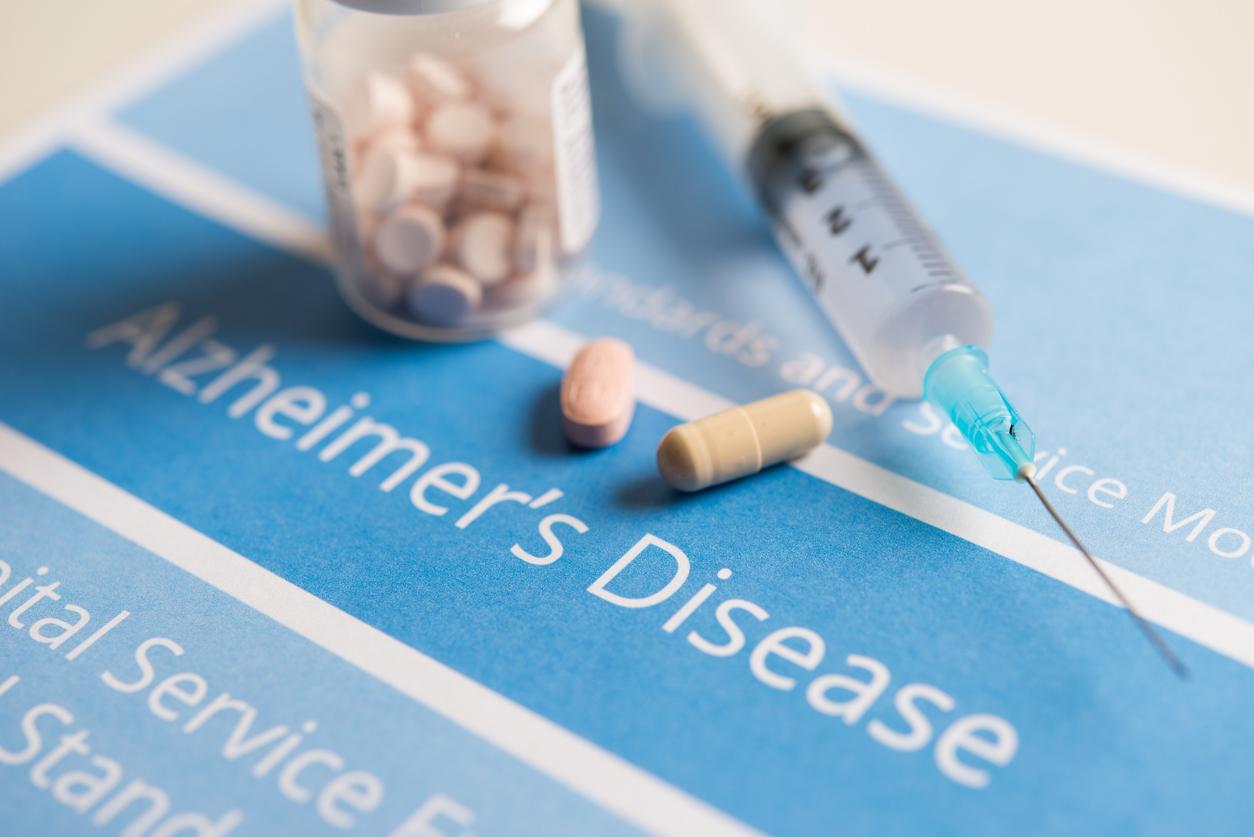Non-neuronal brain cells, astrocytes, can eliminate toxic proteins that cause Alzheimer’s disease, a study suggests.

- The new approach to treating Alzheimer’s disease targets astrocytes, non-neuronal cells in the brain. By activating autophagy, a cellular cleaning process, these cells can eliminate toxic amyloid beta (Aβ) proteins responsible for neuron degradation.
- The study, carried out on mice, showed a reduction in toxic deposits in the hippocampus, the region of the brain linked to memory, and a recovery of cognitive abilities.
- This mechanism, capable of eliminating Aβ, opens a new therapeutic avenue to treat Alzheimer’s by relying on astrocytes rather than neurons.
Boost it “cellular cleaning” to curb dementia. Researchers have just shed light on a key mechanism that could revolutionize our approach to treating Alzheimer’s disease. At the heart of this discovery, published in the journal Molecular Neurodegenerationan actor hitherto neglected by scientists: astrocytes. These non-neuronal brain cells could well open the way to new therapies to slow down neurodegenerative disease.
Astrocytes, potential allies against Alzheimer’s
Alzheimer’s disease is characterized by the accumulation of toxic proteins, beta-amyloids (Aβ), which form clumps in the brain. These deposits lead to brain inflammation, damaging neurons and causing a progressive decline in cognitive functions. So far, research has mostly focused on neurons, but a team from the Korea Institute of Science and Technology (KIST) looked at astrocytes and their role in the process of autophagy, a cleansing mechanism cellular.
Autophagy allows cells to break down and recycle their waste, damaged or useless components, including toxic protein aggregates. But in patients with Alzheimer’s disease, the accumulation of Aβ proteins hinders this process. However, by observing this mechanism in mice suffering from this neurodegenerative pathology, researchers have shown that astrocytes can activate genes linked to autophagy to eliminate cellular waste and thus improve neuronal function.

A new target to treat Alzheimer’s disease
By stimulating autophagy in astrocytes of the hippocampus, the region of the brain linked to memory, researchers observed a reduction in toxic deposits and a recovery of cognitive abilities in rodents. This mechanism, capable of eliminating Aβ, opens a new therapeutic avenue, no longer focused on neurons, but on astrocytes.
The team of researchers now intends to go further, by developing treatments capable of improving the autophagic function of astrocytes. This approach could make it possible to better control the accumulation of Aβ proteins and slow down the progression of the disease. As Dr Suhyun Kim points out in a press releasethis discovery offers “a new look at the cellular mechanisms related to autophagy and could inspire future research on the role of astrocytes in maintaining brain health.”
















